Allahumma Inni A Udhu Bika Minal Ajzi Wal Kasali Meaning & Arabic
Advertisements
Allahumma inni a udhu bika minal ajzi wal kasali is another short and powerful Dua from the sunnah of prophet SAW. The Messenger of Allah SAW used to recite on a regular basis.
This powerful dua is a comprehensive plea for protection against a wide range of physical, mental, and spiritual difficulties.
It’s a beautiful example of how the Prophet Muhammad (peace be upon him) taught us to seek refuge in Allah from the struggles and weaknesses that can affect us in our daily lives, both in our hearts and in our health.
Each aspect of this dua helps us think deeply about the challenges we may face and reminds us that we are not alone in dealing with them—Allah’s help is always near.
Allahumma Inni A Udhu Bika Minal Ajzi Wal Kasali In English
The meaning of Allahumma inni a udhu bika minal ajzi wal kasali in English is, O Allah! I seek refuge in You from helplessness (to do good), indolence, cowardice, senility, and miserliness; and I seek Your Protection against the torment of the grave and the trials of life and death.
Advertisements
Another narration adds:
wa dalaid-daini wa ghalabatir-rijal (And from the burden of indebtedness and the tyranny of men).
Allahumma Inni A’uzu Bika Minal Ajzi Wal Kasali in Arabic
Here is Dua Allahumma Inni A’uzu Bika in Arabic Text.
اللَّهُمَّ إِنِّي أَعُوذُ بِكَ مِنَ الْعَجْزِ وَالْكَسَلِ، وَالْجُبْنِ وَالْهَرَمِ والْبُخْلِ، وَأَعُوذُ بِكَ مِنْ عَذَابِ الْقَبْرِ، وَمِنْ فِتْنَةِ الْمَحْيَا َالْمَمَاتِ
Transliteration
Allahumma inni a udhu bika minal ajzi wal kasali, wal jubni wal-harami, wal-bukhli, wa a’udhu bika min adhabil-qabri, wa audhu bika min fitnatil-mahya wal-mamat.
Advertisements
Hadith Related To The Dua
Narrated Anas bin Malik:
The Prophet (SAW) used to say, “O Allah! I seek refuge with You from helplessness, laziness, cowardice and feeble old age; I seek refuge with You from afflictions of life and death and seek refuge with You from the punishment in the grave.
Sahih Al-Bukhari 2823 and Muslim 2706
Commentary
This is one of the hadeeths mentioned by the author of Riyadus Saliheen, may Allah shower blessings on him, under the chapter on the virtues of supplication from Anas bin Maalik – may Allah be pleased with him.
He narrated that the Prophet SAW used to say:
Allahumma inni a’udhubika minal-ajzi wal-kasal (O Allah, I seek refuge in You from helplessness (to do good) and indolence).
Helplessness is lack of ability while indolence is lack of will. This is because a person may be prevented from doing an action due to illness, old age or lack of volition or will.
That is why the Prophet SAW used to seek refuge with Allah from helplessness and indolence.
Wa’audhubika minal jubn wal-harm wal-bukhl (and I seek refuge in You from cowardice, senility and miserliness).
Cowardice is stinginess with ones life; that is, one is not brave and does not move forth when he is required to do so.
As for miserliness, it is stinginess with ones wealth; he is not willing to sacrifice it but withholds it even when it is obligatory to spend.
Waaoodhubika min dala ad-dayn wa galabatir-rijaal (and I seek refuge in You from the burden of indebtedness and the tyranny of men).
Debt is a source of worry during the day and sleeplessness during the night, refuge is with Allah. A person who is in debt will be filled with unrest and anxiety.
However, there is a glad tiding for one who borrowed money from people with the intent to repay it; Allah, the Mighty and Sublime, will pay it for him.
But if he borrows the money with the intent of squandering it, without intention of paying back, Allah will ruin him, and the refuge is with Allah.
So, if you owe people money as a result of loan, credit purchase or house rent and the like, and you wish to pay back, Allah, the most High, will pay it back on your behalf.
It may either be in this world, by aiding you to repay it, or in the Hereafter.
This is authentically reported from the Prophet But those who play with peoples wealth, who borrow money and do not wish to pay back, but wish to squander it, Allah will ruin such people, and with Him is the refuge.
Meaning of The words
- Helplessness: A person’s failure to do good because he is unable to do good.
- Indolence: A servant abandons doing something while being able to do it.
- Cowardice is stinginess with ones life; that is, one is not brave and does not move forth when he is required to do so.
- Miserliness, it is stinginess with ones wealth; he is not willing to sacrifice it but withholds it even when it is obligatory to spend.
- Senility: old age and the bodily and mental deterioration associated with old age.
Explanation
His saying: (He was seeking refuge with Allah) The present tense verb after (was) indicates perseverance in the action.
That is, he, may peace be upon him, used to keep this supplication because of its importance.
Inability and laziness misses the servant many of the duties of righteous deeds that bring him benefit in his religion, this world and the hereafter.
His seeking refuge as well from (cowardice): which is fear of things leads to lack of fulfillment.
Many of the duties and rights of Allah, such as fighting for His sake, not daring to break the law by enjoining what is good and forbidding what is wrong, and not violating the whims of the soul and Satan.
And seeking refuge in him from senility, i.e. old age that leads to the decline of some forces, and their weakness, such as the disorder of the mind and senses and the inability of many of the obediences, indulging some of them.
And saying: (and the trial of life): It is what exposes a person for the duration of his life from the fascination with the world and its desires of women, money and children.
And also includes the trials of religion, and one of the greatest temptations in this world is that the servant dies and God forbid a bad end at death.
And death: it was said: the trial of the grave, and it was said: when dying, and the trial was added to death due to its proximity to it, and all of these meanings are possible.
Ibn Battal, may Allah have mercy on him, said:
This word (i.e.: life and death) encompasses many meanings, and one should desire to his Lord Almighty to lift what has come down, and repel what has not come down, and feel the need for his Lord Almighty in all of that.
Breaking Down Each Part of the Dua
- Seeking Refuge from Weakness, Laziness, and Cowardice
We start by asking Allah to protect us from personal limitations that can affect our energy and courage. Weakness and laziness can keep us from reaching our goals, and cowardice can stop us from standing up for what is right. This part of the dua is about seeking Allah’s strength and willpower to push through challenges. - Protection from Miserliness and Senility
Miserliness, or stinginess, prevents us from giving and sharing with others, and it keeps us from experiencing the blessings of generosity. Senility, on the other hand, is something that affects our minds and memories, especially as we age. We ask Allah to protect us from these, so we can live generously and with a clear mind. - Asking to Be Guarded Against Hardheartedness and Heedlessness
A hard heart can make us indifferent to others’ pain and disconnected from our spiritual obligations. Heedlessness, or being “unmindful,” can make us unaware of our purpose in life and cause us to forget Allah. This part of the dua seeks protection from becoming spiritually and emotionally numb, keeping our hearts soft and mindful. - Seeking Refuge from Deprivation, Humiliation, and Poverty
These qualities represent hardships that can harm both our dignity and our ability to live peacefully. Poverty can affect both our financial situation and our sense of fulfillment. This part of the dua is a request for Allah’s protection against these difficult situations so that we can lead lives that are stable and self-sufficient. - Protection from Absolute Poverty, Disbelief, and Rebellion
Absolute poverty is extreme deprivation, while disbelief and rebellion refer to spiritual poverty—turning away from faith and obedience. This is a plea to avoid not just physical hardship but also spiritual and moral pitfalls that distance us from Allah and from the goodness in life. - Refuge from Dissension, Hypocrisy, Fame-Seeking, and Showing Off
This part is about asking Allah to guard us from inner conflicts and from traits that corrupt our intentions. Hypocrisy, fame-seeking, and showing off all undermine sincerity, making our actions hollow. We ask Allah to keep our intentions pure, so we act solely for His sake and not for worldly praise. - Protection from Physical Afflictions
Finally, we ask Allah to protect us from physical ailments like deafness, muteness, insanity, leprosy, leukoderma, and other harmful illnesses. This serves as a reminder that our health, both mental and physical, is a blessing we should not take for granted. By seeking Allah’s refuge, we ask for preservation from debilitating conditions that could affect our quality of life.
The Beauty of Seeking Allah’s Refuge in All Aspects of Life
This dua covers a comprehensive range of life’s challenges—physical, emotional, spiritual, and social. In one supplication, we ask Allah to protect us from everything that can harm us, internally and externally.
It’s a way of recognizing that we are dependent on Allah for our strength, health, and guidance, and that we can rely on Him to help us overcome our weaknesses.
How to Make This Dua Part of Daily Life
This dua is incredibly meaningful when recited with reflection, as it covers almost every kind of challenge we may face.
Consider adding this dua to your morning or evening routine, allowing you to start or end the day by seeking protection from any hardship that may come.
When you make this dua, try to focus on each part, thinking of how each quality applies in your life. It can help you cultivate humility and gratitude while reminding you of Allah’s power and mercy.
Final Thoughts
This dua is a true gem in our tradition, asking Allah to protect us from nearly every form of harm—whether physical ailments, emotional distress, spiritual setbacks, or societal pressures.
It’s a reminder of how Islam teaches us to approach Allah with humility, acknowledging our limitations and seeking His help to overcome them.
By reciting it, we’re embracing our humanity while relying on Allah’s infinite mercy and wisdom to guide us and keep us safe. May Allah protect us from every hardship, weakness, and ailment, and bless us with strength, health, and sincerity in all that we do.
Advertisements

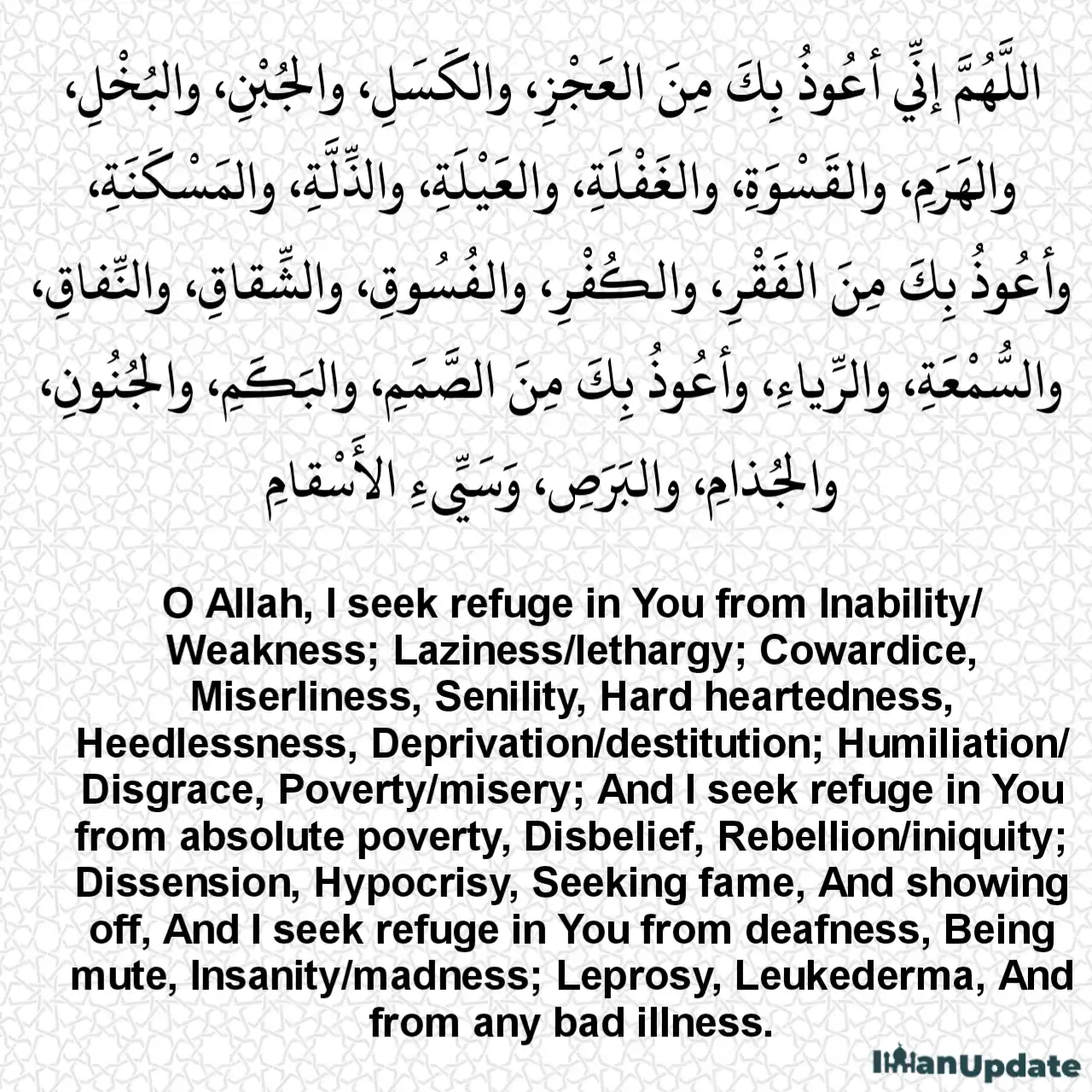
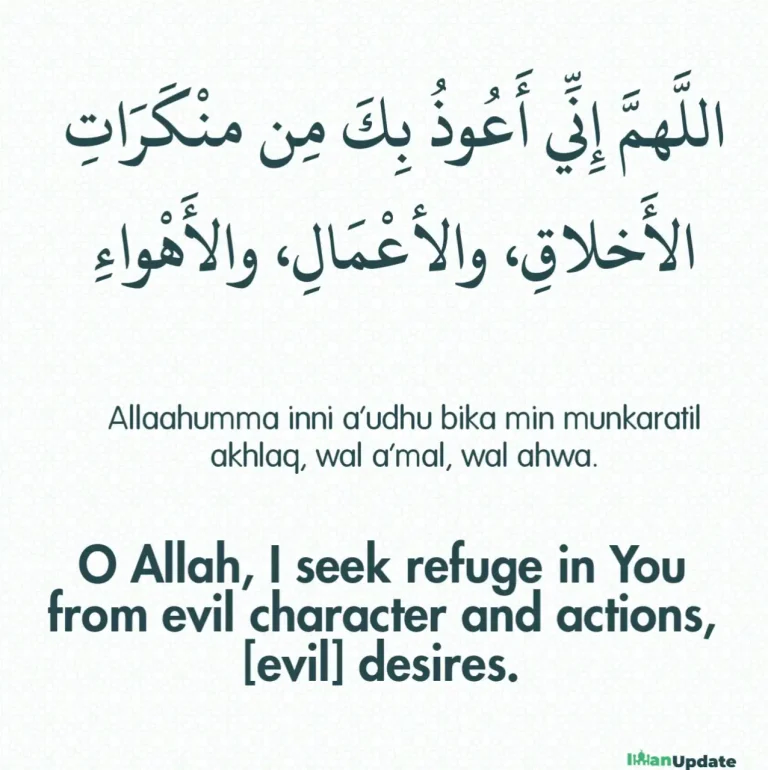
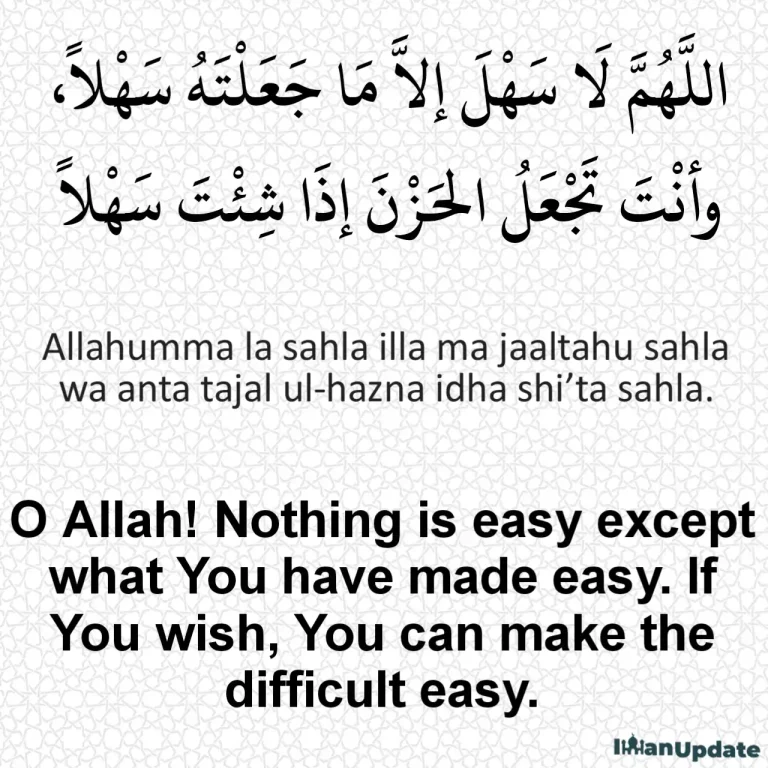
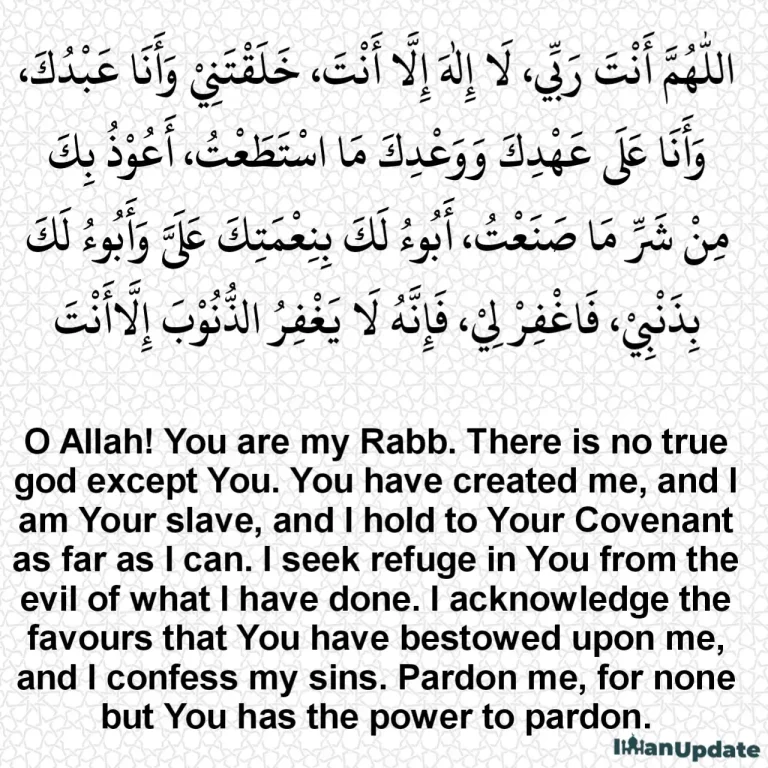
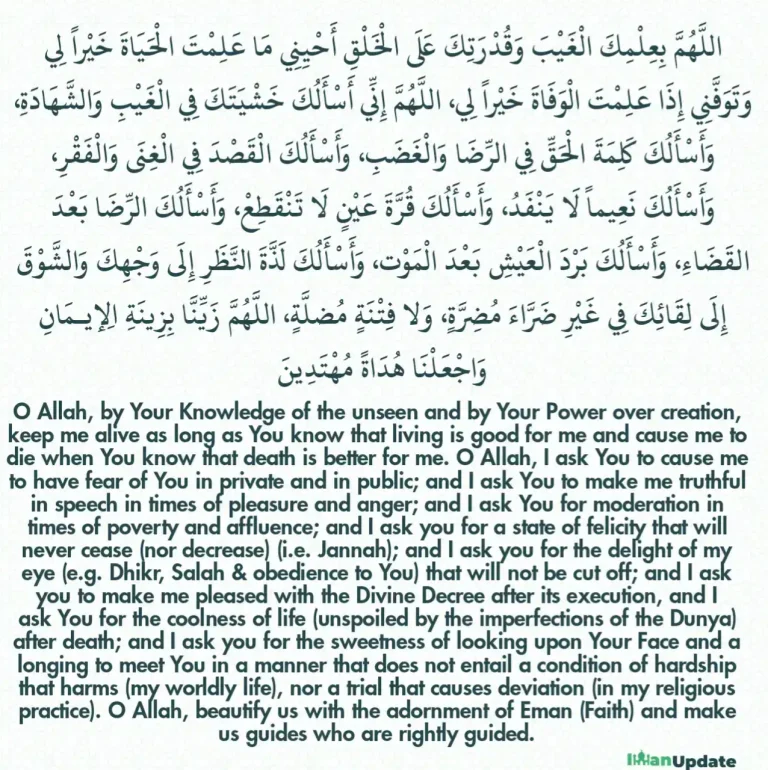
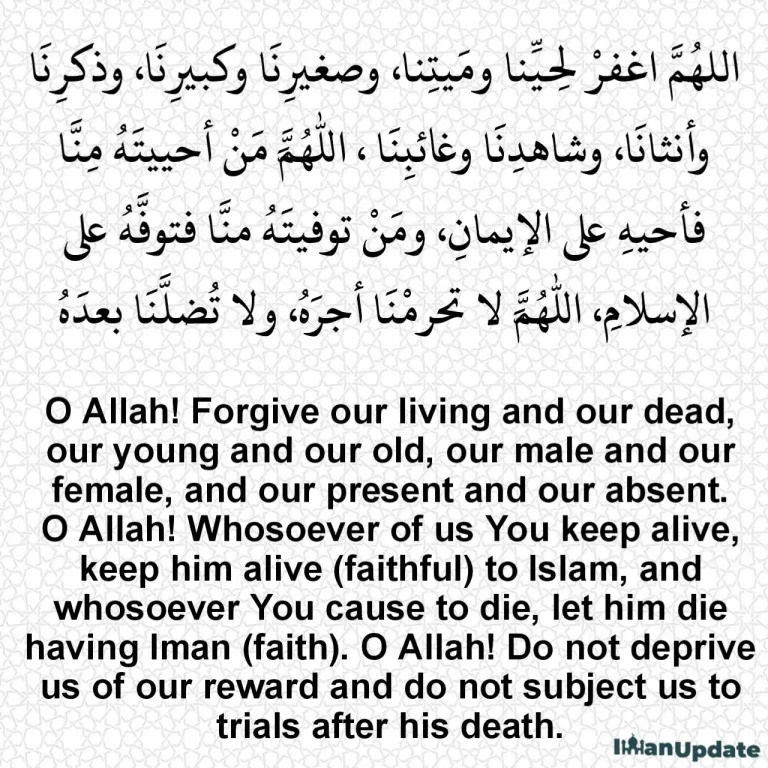
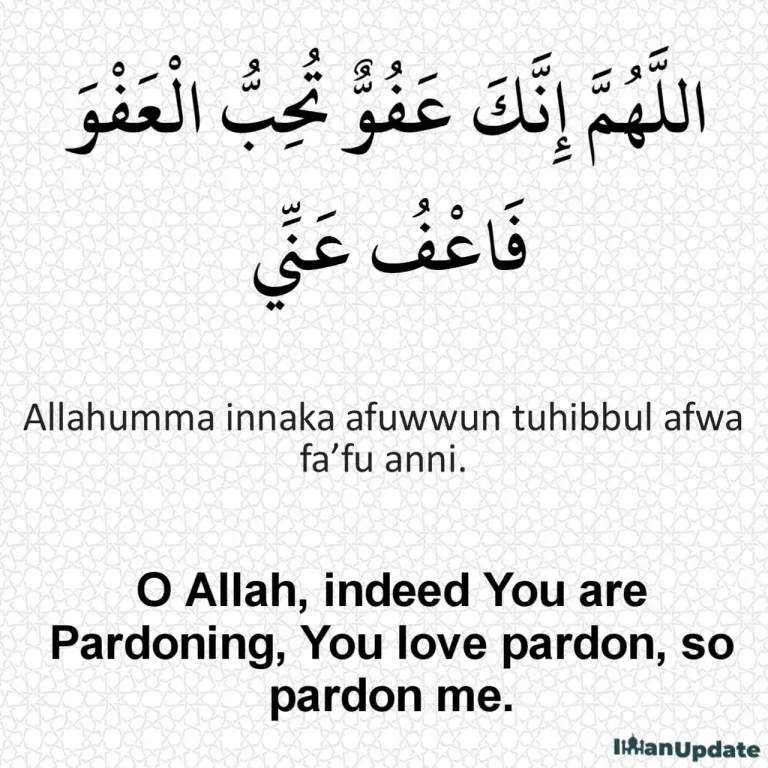
2 Comments